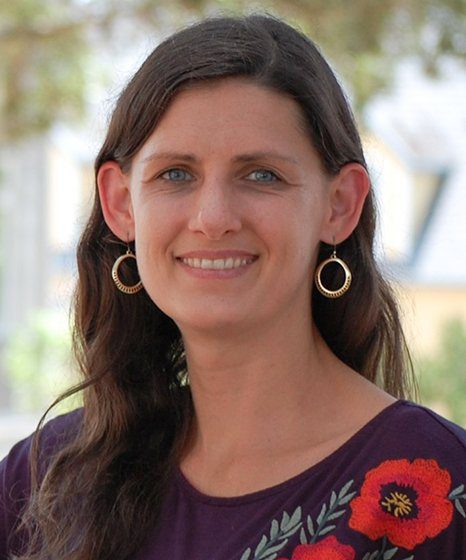
Guest Author – Lynn Buzzard

If any man will do his will, he shall know of the doctrine, whether it be of God, or whether I speak of myself. (John 7:17)
“Ideas have consequences.” – Holmes“And so does behavior.” – Buzzard
The notion that core beliefs, postulates, and first principles have enduring consequences is at the core of our Christian faith. Our beliefs about God, human nature, law, and justice have effects which ripple across not only the intellectual sea, but flow into our conduct as well.
This notion was at the core of Francis Shaffer’s seminal apologetics and his challenges to the contemporary church and culture.
Certainly the loss of those anchoring principles in the legal arena is largely responsible for the drift into positivism. As Harold Berman noted, the washing away of the “historical soil” of western law, has seriously threatened our whole legal enterprise. So massive has been the loss of these core postulates in much of the academy that Charles Malik suggested it would take hundreds of years to recover.
However, it is critical to note that the flow from principle to practice, from doctrine to conduct is not the only direction. There is also a sense in which our will and our conduct shape our doctrine. Or to put it differently, our doctrine not only produces obedience or disobedience, but obedience produces faithful doctrine, and disobedience infects and distorts the doctrine. Behaviour has consequences, not only in the moral world, but in the intellectual world. This is so not merely in the self-justifying sense that we all make up doctrines to justify our conduct, but in a much more fundamental way.
This seems to be the message of the text in John quoted above – that if we want to know the truth, if we seek to “know the doctrine” – then we must “do His will.”
There is surely, in both the spiritual and the natural world, much truth that comes not by abstract analysis, rational epistemology, or philosophic inquiry – but by participation, by action – by doing.
Think of a typical experience at the river or swimming pool. Someone is out there swimming and invites you to come in – you hesitate, the water’s too cold, you’re not sure it will be fun at all – but they insist, urging you to come on it, it’s great. And finally you take the plunge – and then in a few minutes, you are inviting others to come in, assuring them how wonderful it is.
There is an aspect of our spiritual life that is of this character. There are truths you will never know, until you enter in, until you choose. Intellectual inquiry will only take you so far, and then you must choose whether to take the plunge, or stand on the sidelines discussing the matter. The discovery of the fullness of Christ by the apostles was after the command to “follow me” and their “Yes.”
It is, this text reminds us, the person who chooses to do God’s will who discovers the truth. This is most powerfully true because, though much spiritual truth is propositional, it is not exclusively so. The truth is the person of Christ, it is relationship with Him. It is not just about Him, it IS HIM. And the truth about relationships, about love, about grace – cannot be discovered without “entering in.”
Consider the comment often made about a couple who seem so much in love. Someone will say about her, “I just don’t know what she sees in him.” And that is absolutely true. They “don’t know” because the critic is not in the relationship – has not participated – and knows nothing, cannot know anything about it.
How much of what God wants to show us, to teach us, to have us understand, do we miss because we stand on the sidelines as observers, analysts, lawyer-like critics – instead of joyful abandonment to the call of the Gospel?——————-
***Please feel free to forward this to your friends. To subscribe to the CLS Devotional (emailed twice a month), please click here and subscribe to the CLS publications of your choice or email us at clshq@clsnet.org.***
This article [slightly edited] comes from the “What Does the Lord Requre of You?” devotional published by Advocates International. Lynn Buzzard is a former professor at Campbell Law School and the former executive director of Christian Legal Society.

Mike Schutt
Director, CLS Law School Fellows

Alanna Walker
Grants Coordinator

Michelle Williams
Law Student Ministries Coordinator
GET UPDATES
The views expressed on the CLS Blog are the views of the individual authors and do not necessarily reflect the positions of Christian Legal Society.
The purpose of the CLS Blog is to generate discussion with a free exchange of ideas and opinions.
▦ |CLS - Christian Legal Society © 2025|














































